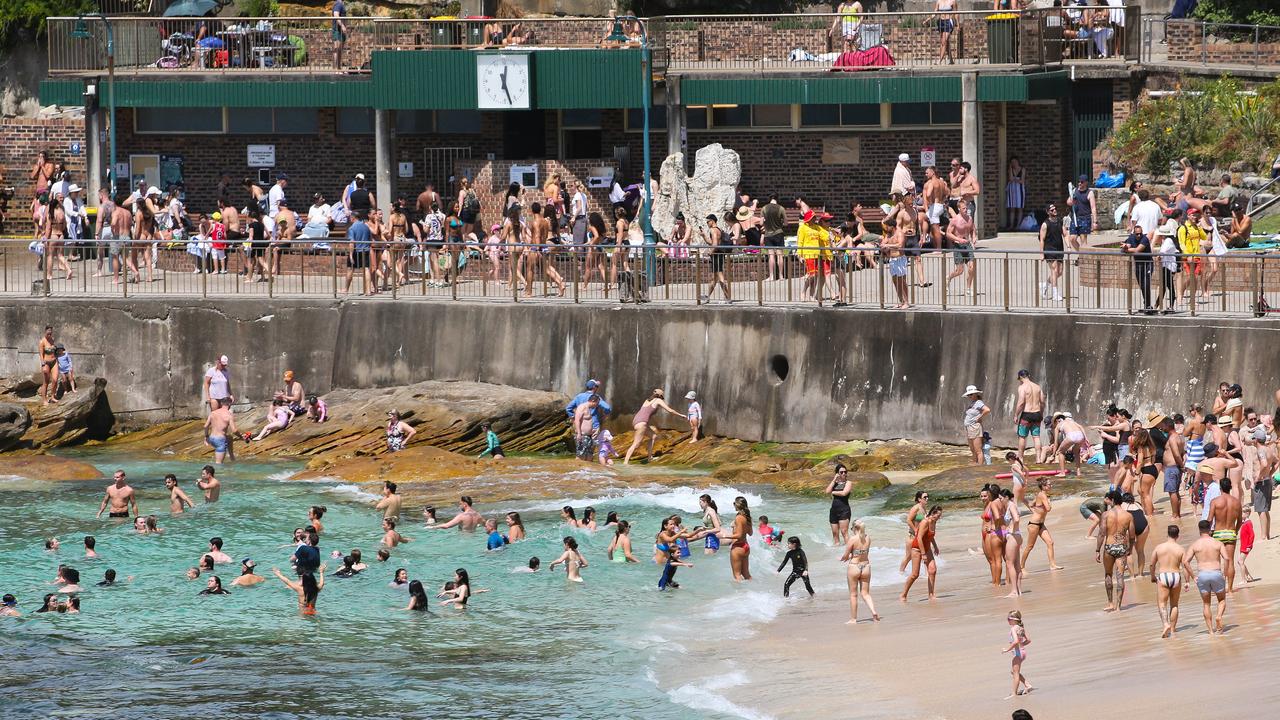Australian travellers warned terrorist attacks ‘very likely’ in Sweden after Koran burnings
Australian travellers have been urged to exercise a “high degree of caution” in this popular tourist destination for a disturbing reason.
Australian travellers have been urged to exercise a “high degree of caution” in Sweden as terrorist attacks are “very likely” following a series of Koran burnings, authorities have warned.
The Department of Foreign Affairs and Trade’s latest travel advice, updated last week, echoes those of similar western nations including the UK and US.
“Exercise a high degree of caution in Sweden due to the threat of terrorism,” the SmartTraveller website states.
The warning puts the Scandinavian country on level two out of a four-level travel advisory system — level three being “reconsider your need to travel” and level four “do not travel”.
“Terrorists are very likely to try and carry out attacks in Sweden,” it reads.
“Terrorist attacks could occur at any time. You should maintain a high level of vigilance in public spaces. Since the beginning of 2023, there’s been an increase in public burnings of the Koran, which has led to a deterioration in the security situation. The Swedish government has assessed the risk of terrorism as an ‘elevated threat’, equivalent to a threat level of three out of five. This rating means an attack could happen. Take official warnings seriously.”
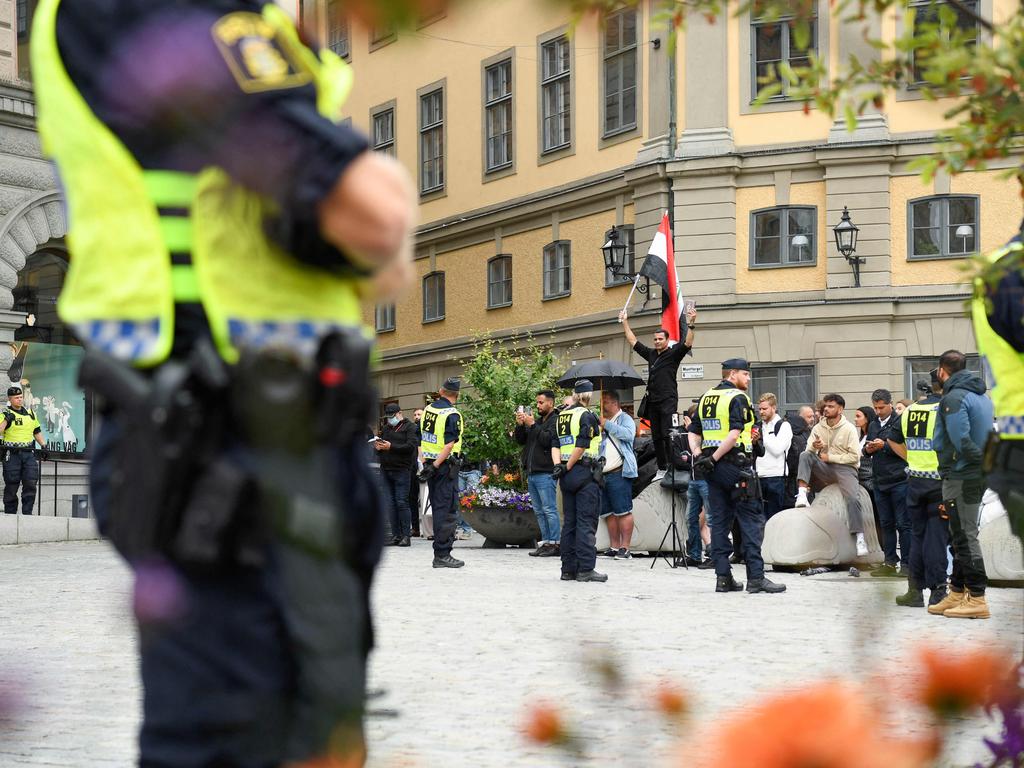
In a similar warning, the UK’s Home Office said terrorist attacks “could be indiscriminate, including in places frequented by foreigners”, adding that “authorities in Sweden have successfully disrupted a number of planned attacks and made a number of arrests”.
The US Department of State’s advisory, dated July 26, said terrorist groups “continue plotting possible attacks in Sweden”.
“Terrorists may attack with little or no warning, targeting tourist locations, transportation hubs, markets/shopping malls, local government facilities, hotels, clubs, restaurants, places of worship, parks, major sporting and cultural events, educational institutions, airports, and other public areas,” it said.
Tensions have flared between Sweden and Denmark and several Muslim countries in recent months after anti-Islam activists burned and damaged copies of the Koran in public protests.
Muslims make up about 8 per cent of Sweden’s population of 10.4 million.
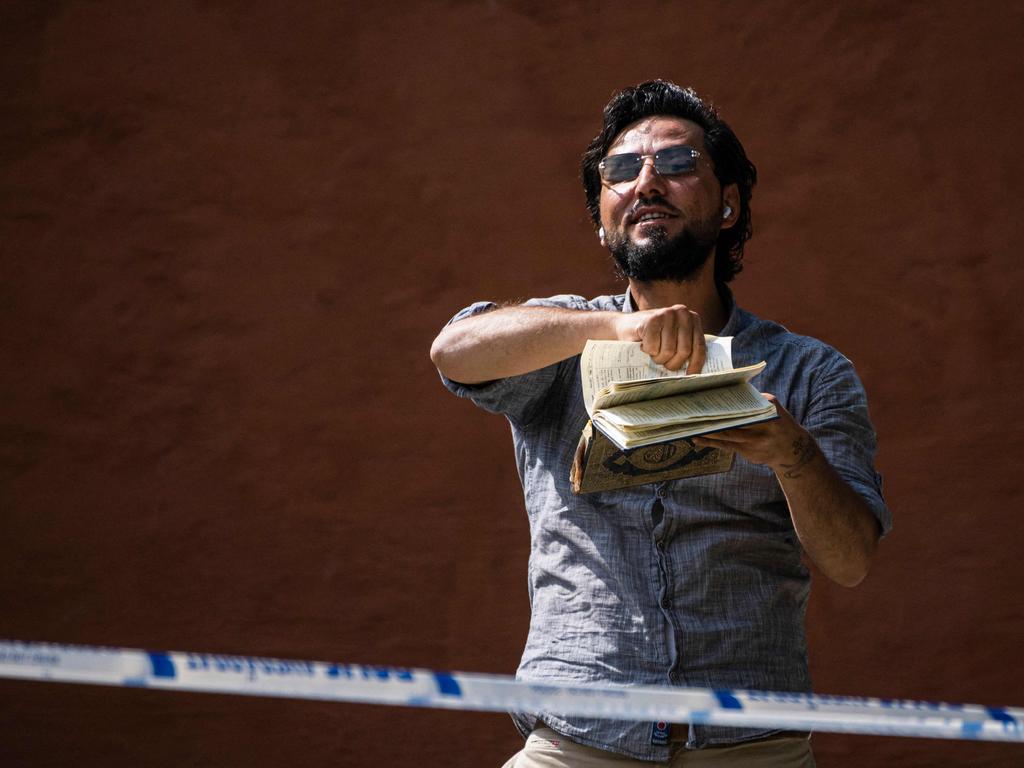
The protests have been led by Iraqi refugee Salwan Momika and far-right Danish-Swedish politician Rasmus Paludan.
Late last month, Mr Momika and another protester, Salwan Najem, burned and stomped on the Koran outside Swedish parliament in Stockholm, after staging similar protests outside Stockholm’s main mosque in June and outside Iraq’s embassy on July 20.
Swedish police granted a permit for the protest by the campaigner, who is hoping to see the Koran banned in the country.
“I want to protest in front in front of Sweden’s parliament and demand that the Koran be banned,” Mr Najem wrote in the application, adding that he would “burn the Koran there”.
Around a dozen counter-protesters held up copies of the Koran, with some waving Iraqi flags, and shouted at Mr Momika, who just as at earlier events wore sunglasses and grinned defiantly while taunting them.
Mats Eriksson, a spokesman for Stockholm police, told AFP the event “had been conducted without any serious public order disturbances”.
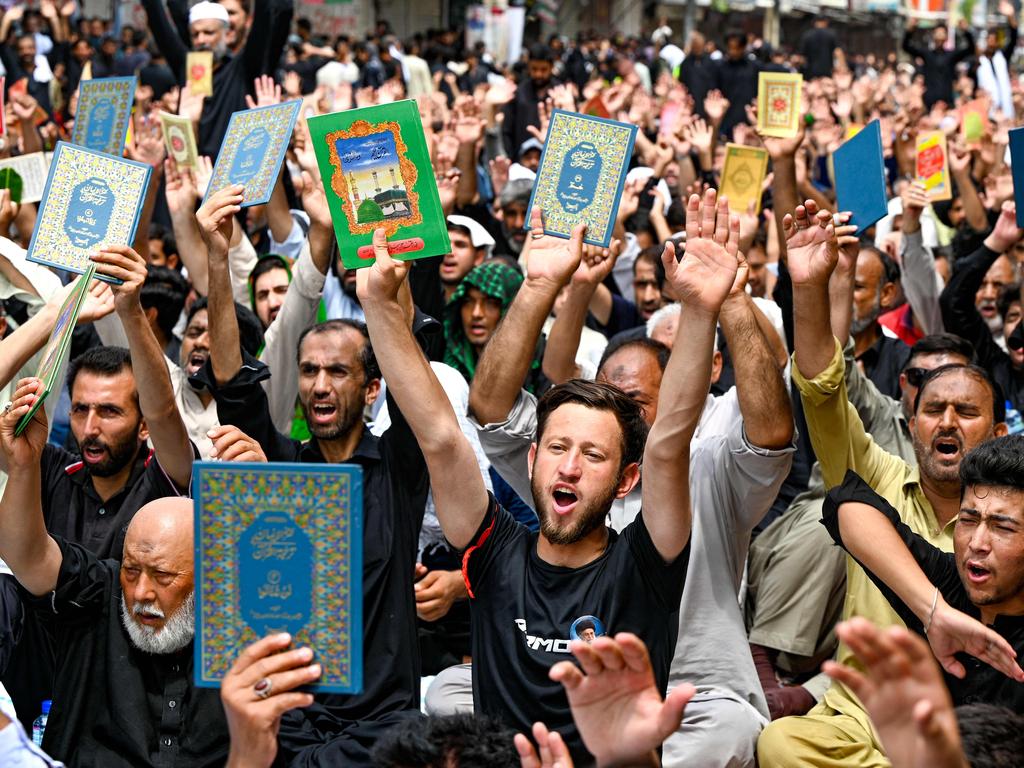
During the protest, Mr Momika also stomped on a picture of Shiite Muslim cleric and political leader Moqtada Sadr — whose followers had stormed Sweden’s embassy in Baghdad in response to previous desecrations.
They had started fires within the compound the night before the July protest.
Mr Paludan sparked anger in Turkey after burning a copy of the Koran outside the Turkish embassy in January, prompting Ankara to pull out of NATO talks.
Turkey last month issued an arrest warrant for Mr Paludan, the leader of far-right Danish political party Stram Kurs, The Local reported.
“I have no plans to go to Turkey,” Mr Paludan told Swedish tabloid Expressen, adding he had not broken Swedish law.
Swedish prosecutors earlier dropped a hate crime investigation into Mr Paludan over the January burning, stating the act “targeted a symbol of the religion and not the group [of Muslims] itself, even if people are offended”.
“That distinction is important,” the prosecutor told the Dagens Nyheter newspaper.
Last week, Sweden’s embassy in Lebanon was also attacked, with an assailant throwing a molotov cocktail but causing no casualties.
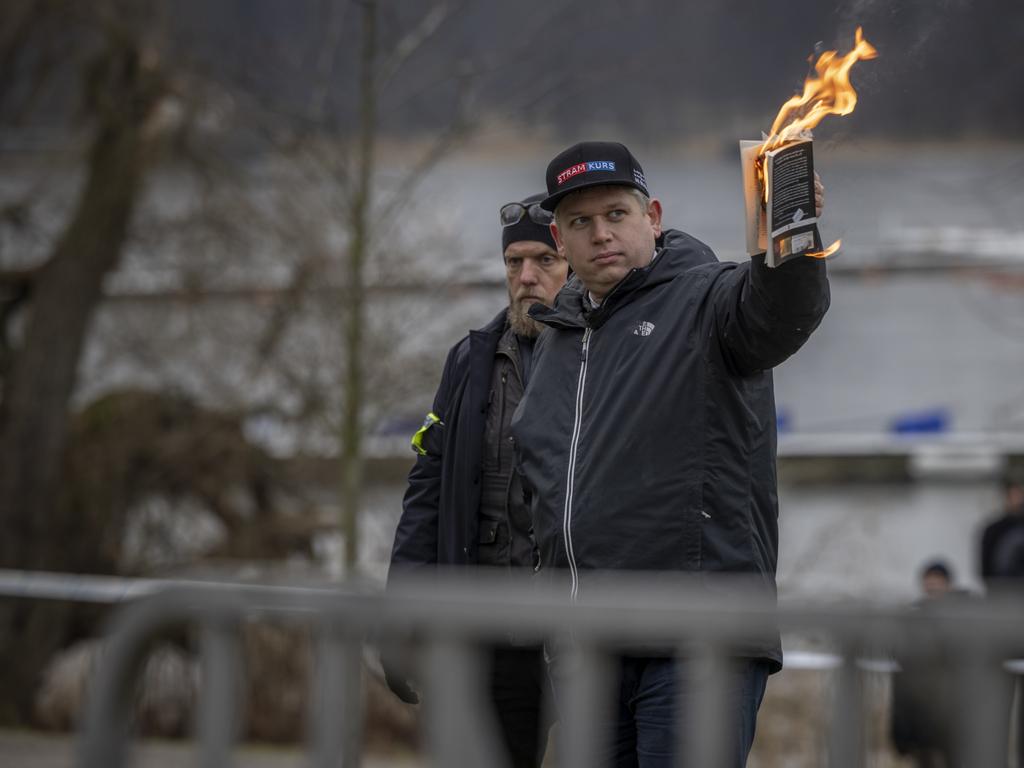
“We confirm that there was a molotov cocktail thrown at the facade of our embassy last evening, which did not explode,” a diplomatic source at the embassy told AFP, requesting anonymity as they were not authorised to talk to the media.
The “perpetrator managed to run away”, the source added.
Lebanon saw protests at mosques, while the head of the powerful pro-Iran Shiite Muslim group Hezbollah has called for the Swedish ambassador to be expelled.
Lebanese security forces had bolstered measures around the embassy in downtown Beirut for fear of attacks.
Swedish Foreign Minister Tobias Billstrom said “it was sheer luck that no one was injured” in Wednesday’s attack and that staff were safe.
“The incident is currently being investigated,” he said in a statement on Thursday, noting that “Lebanese authorities have an obligation under the Vienna Convention to protect diplomatic missions”.
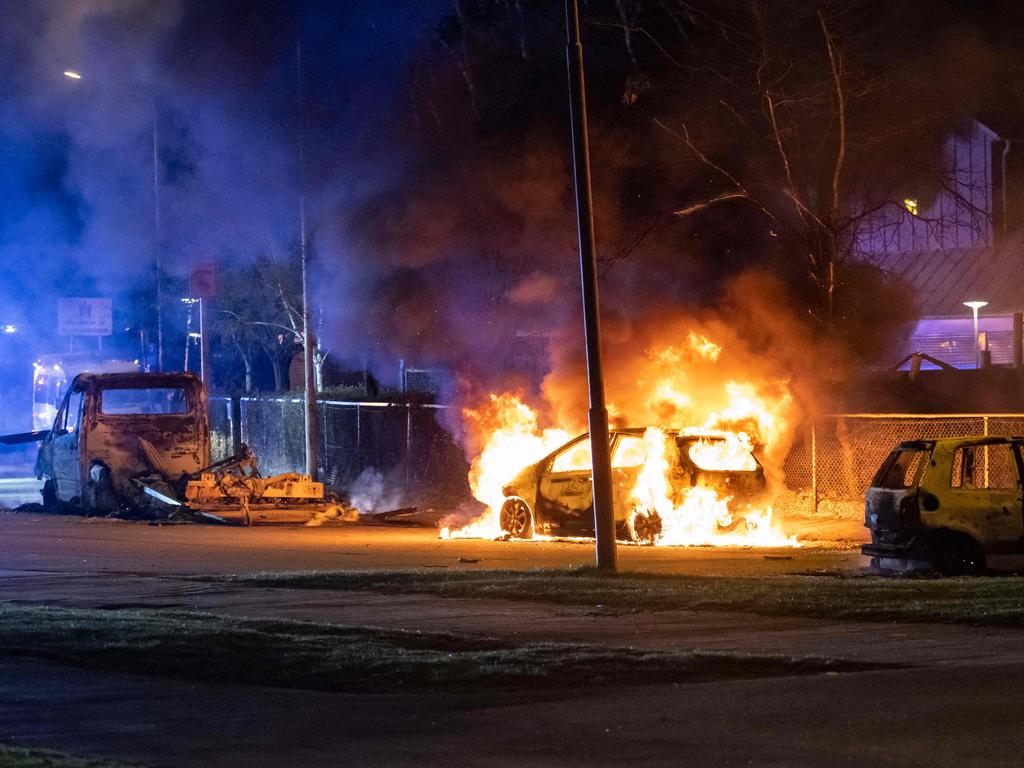
Meanwhile, Denmark said last week it would extend tighter border controls introduced following protests involving Koran burnings in recent months.
Denmark’s justice ministry said in a statement that police “found it necessary to maintain the temporarily intensified efforts at the internal Danish borders”, citing a recommendation from the Danish Security and Intelligence Service (PET).
Originally scheduled for a week after being introduced on August 3, the random checks at the borders with Sweden and Germany are now due to remain in place until August 17.
“The Koran burnings in recent times have an impact on the current threat level,” Justice Minister Peter Hummelgaard was quoted as saying in the statement.
“We are in a serious situation, where we continue to need stricter controls at the Danish borders to counter the threats Denmark faces.”
In both countries, authorities are considering ways of limiting demonstrations involving the burning of the Koran while trying to balance the right to freedom of expression.
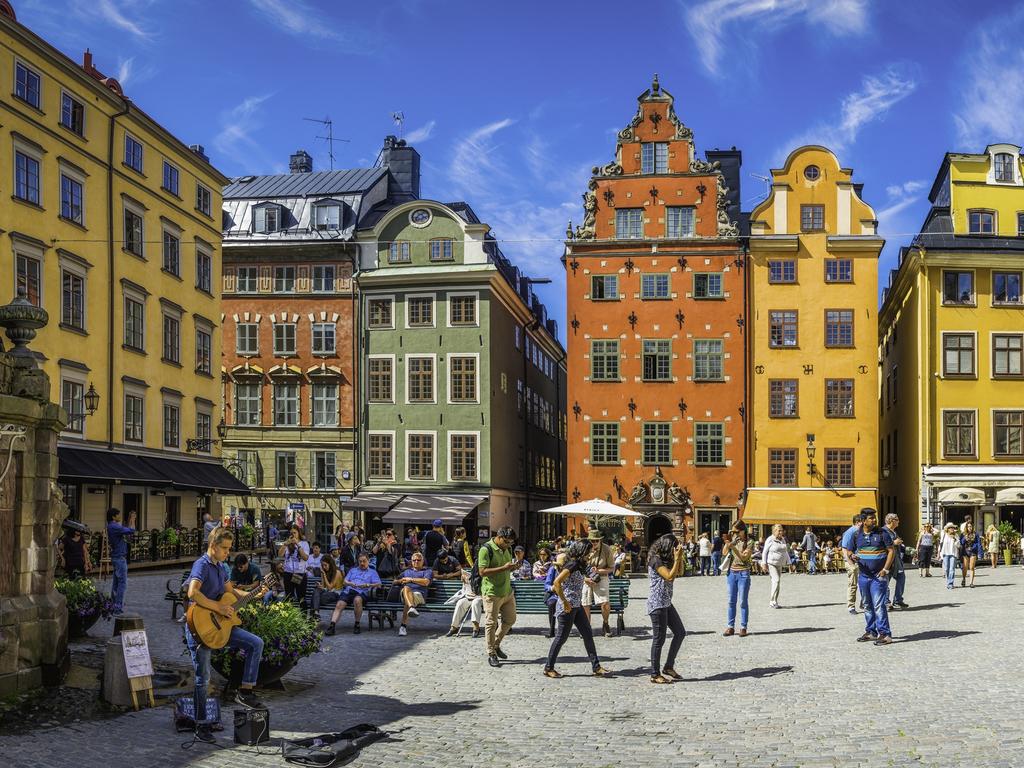
In April, Sweden’s counter-terror Security Police said it had detained five men on suspicion to commit terrorist crimes after “international calls for attacks” following the Koran burnings.
The agency said the suspects were believed to have international links to violent Islamist extremism.
“The current case is one of several that the Security Police has worked on after the protests that were directed at Sweden in connection with the highly publicised burning of the Koran in January,” it said in a statement.
Sweden has experienced a number of Islamist terror attacks in recent years.
In 2017, a 39-year-old Uzbekistani drove a stolen truck into a Stockholm crowd, killing five people — the youngest an 11-year-old girl — and wounding 14 others.
Rakmat Akilov, who was convicted of terror-related murder in 2018 and given a life sentence, had said he wanted to punish Sweden for joining a coalition against the Islamic State group.
In 2010, an Iraqi man carried out a suicide bomb attack in the centre of Stockholm. He was killed after only slightly injuring passers-by.
Taimour-Al-Abdaly, 28, was suspected of carrying out the attack, which was classified by Swedish and European authorities as Islamist terrorism.
— with AFP





